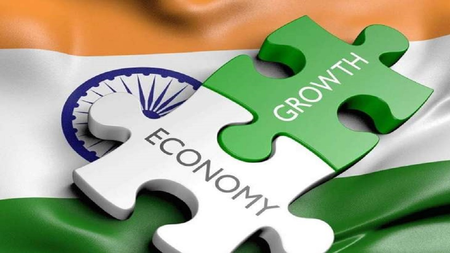New Delhi- The ‘Make in India’, one of the flagship initiatives of the Modi government completed ten years on Wednesday. This not only illustrates a decade of India’s transformational growth but also a defining moment for the nation as it positions itself as a global manufacturing hub. The flagship scheme launched on 25th September 2014, during the first tenure of the Modi government, ushered in big-ticket reforms and played a pivotal role in boosting domestic manufacturing, enhancing skill development and facilitating foreign investment.A snapshot of achievements119 per cent rise in FDI in 10 yearsIn the last ten years (2014-24), India has witnessed a cumulative Foreign Direct Investment (FDI) of USD 667.4 billion, registering an increase of 119 per cent in the past ten years. This investment inflow spans 57 sectors with most of them being opened for 100 per cent FDI under the automatic route. FDI equity inflows into the manufacturing sector reached USD 165.1 billion, marking a 69 per cent increase compared to the past decade, which stood at USD 97.7 billion.Over 1 crore investment under PLI schemeProduction Linked Incentive (PLI) Scheme, touted as the game-changer program has led to ₹1.32 lakh crore (USD 16 billion) in investments and a significant boost in manufacturing output. More than 8.5 lakh jobs have been created directly and indirectly due to the initiative.Surge in exportsIndia’s exports have surged in the past decade, with an additional ₹4 lakh crore generated due to the PLI schemes.Rise in Ease of Doing Business IndexIndia saw a significant jump in its Ease of Doing Business Index, registering a sharp rise from 142nd rank in 2014 to 63rd rank in 2019 in the World Bank’s Doing Business Report. Over the years, 42,000 compliances were reduced while 3,700 provisions were decriminalised.Key reformsAs the Make in India initiative rolled out, it also saw the onset of many reforms including belowNational Single Window System (NSWS), launched in September 2021 simplified investor experience and integrated clearances from multiple ministries and departments thereby facilitating rapid approvals.PM Gati Shakti National Master Plan (NMP), launched in October 2021 was a transformative move to facilitate data-based decisions related to integrated planning of multimodal infrastructure, thereby reducing logistics costs.The development of 11 industrial corridors under the National Industrial Corridor Development Programme seeks to enhance India’s competitiveness by providing world-class infrastructure.The One-District-One-Product (ODOP) initiative has fostered local economic development, with Unity Malls being set up in 27 states to provide platforms for these unique products.Under the Startup India initiative, the number of recognised startups has gone up to 1,40,803 as of 30th June 2024, which has created over 15.5 lakh direct jobs.
10 years of Make in India: Looking back at decade of transformational growth






